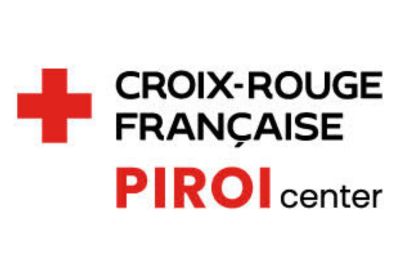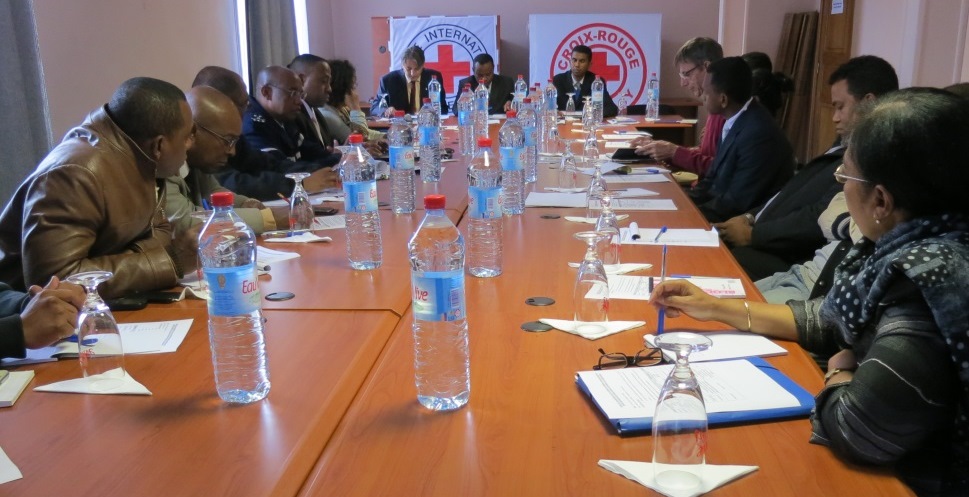‘Operational best practices regarding the management of human remains in a disaster situation’ was the theme of the workshop organised on 19th May in Antananarivo under the auspices of the International Committee of the Red Cross (ICRC).
‘Operational best practices regarding the management of human remains in a disaster situation’ was the theme of the workshop organised on 19th May in Antananarivo under the auspices of the International Committee of the Red Cross (ICRC).
Led by a forensic medicine expert from the University Hospital of Saint-Denis, Reunion Island, who was made available by PIROI, Madagascar’s National Office of Risk and Disaster Management (BNGRC), and the Malagasy Red Cross Society, the workshop aimed to raise natural disaster management authorities’ awareness of the importance of dignified and respectful handling of the dead.

What made you decide to organise this workshop in Madagascar ?
PIROI operates in an Indian Ocean network with its partners and the region’s authorities, and it is only natural to initiate things in Madagascar, which due to its size is the region’s country most exposed to the impact of natural disasters. But understandably the idea is not just to stop there. This workshop is only a start, and we will see with PIROI and regional Indian Ocean authorities quite how far we can go.
What were the goals of the workshop ?
First and foremost the aim was to raise awareness of practical issues related to human remains management. In 2015 the ICRC carried out an assessment with the national and regional authorities concerned, and I personally participated in a mission in the Tamatave area in order to take things further and not only evaluate practices but also gauge human remains management requirements. Ultimately the stakeholders concerned are those who have to act in a disaster situation, and our main issue is to know how to reach them all. This workshop is just a start, it’s sensitisation and joint reflection, and we believe its outcome will encourage dialogue not just nationally but also throughout the entire Indian Ocean region.
When and how did you start working with PIROI and ICRC ?
I was initially contacted in 2013 by PIROI and ICRC, and I had the chance to participate in a pan-African forensic medicine meeting at Abuja in Nigeria during which the question of human remains management was addressed. It is interesting to see that the problems and levels of awareness and ignorance are much the same worldwide.
Several years ago the University Hospital of Saint-Denis and PIROI signed a cooperation agreement that makes hospital resources available to PIROI, and it is only natural that such cooperation is now taking place. It gives me great pleasure to make my expertise available to the Red Cross movement, and through them to the authorities of Indian Ocean countries.
Are training sessions scheduled for those involved in forensic medicine or human remains management in Madagascar ?
A cooperation agreement exists between the Indian Ocean’s teaching hospitals, and I am delighted to learn that Madagascar has decided to train a young specialist, whom I will have the pleasure of mentoring for the next two years. It is one thing to train specialists and another to assist non-specialists in emergency management. Both these aspects are of course complementary.

